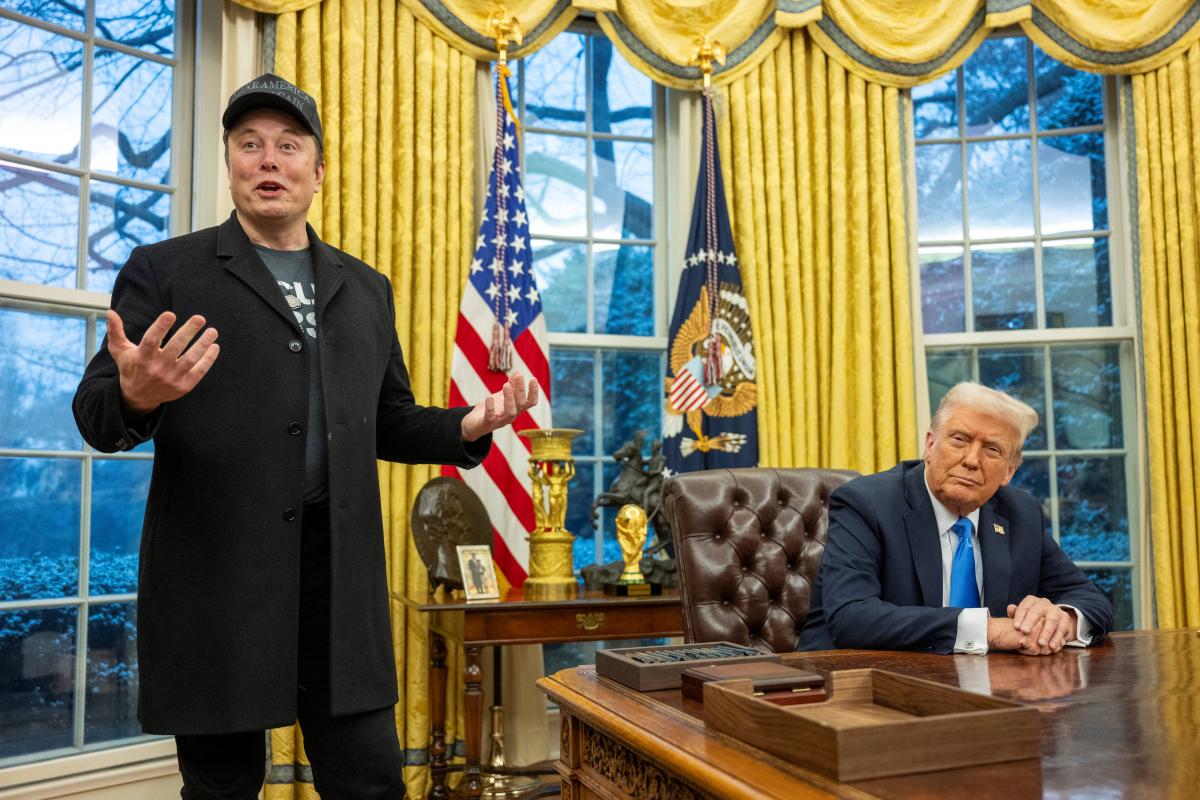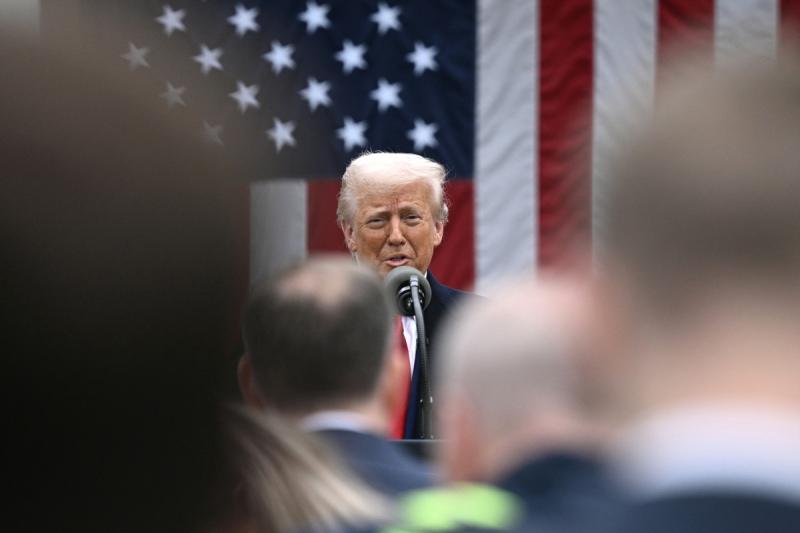Two lawsuits challenge the legality of billionaire Elon Musk’s role as President Donald Trump’s deputy and de facto administrator of the Department of Government Efficiency (DOGE).
Federal courts—potentially the Supreme Court—are set to rule soon on whether his position complies with the Constitution’s Appointments Clause.
Is Elon Musk’s Role in the Government Unconstitutional?
For critics, Musk is an unelected, unaccountable official wielding broad executive power in violation of the U.S. Constitution.
For President Donald Trump, however, the world’s richest man is a trusted advisor and an authorized deputy leading an unconventional—but entirely legal—campaign to downsize federal agencies.
This legal limbo leaves Musk exposed, with a sword of Damocles hanging over the sweeping changes he appears to have authorized regarding federal agencies, assets, personnel, and policies. Legal and economic experts agree that the outcome of these challenges remains uncertain.
DOGE and Musk’s Role in Federal Downsizing
Launched by Trump on January 20, 2025, DOGE was designed to slash federal spending and improve government efficiency. As a senior advisor, Musk has been a key figure in the initiative, reportedly saving over a billion dollars by canceling diversity, equity, and inclusion (DEI) contracts and other expenditures.
DOGE has also gained access to sensitive government systems, including the Treasury Department’s payment network, which processes Social Security checks, tax refunds, and federal salaries. This has raised concerns about data security and the potential misuse of personal information.
The Constitutional Debate
Under the Appointments Clause, the president can appoint U.S. officials—such as ambassadors, Cabinet secretaries, and Supreme Court justices—only “by and with the advice and consent of the Senate” through a confirmation vote. Musk, however, was never confirmed under this process.
The clause also allows the president to appoint “inferior officers” without Senate confirmation, but only if Congress has passed a law explicitly authorizing those positions. Trump, however, created DOGE via executive order, bypassing Congress entirely.
Some constitutional law scholars argue that Musk answers solely and directly to Trump, a level of authority characteristic of a principal officer—a role that requires Senate confirmation.
The White House’s Defense
The administration describes Musk as a “special government employee” who does not receive a salary. This status aligns with a position created by Congress in 1962, allowing for temporary executive branch hires to carry out limited tasks for a maximum of 130 days.
Legal Challenges from Opponents
Opponents of the Trump-Musk partnership—including 14 states and around 30 plaintiffs, primarily sidelined federal employees—argue that Musk has acted as a “U.S. officer” with authority exceeding that of a mere employee. The lawsuits also challenge Musk’s decisions regarding agency budgets, assets, internal procedures, and classified government data.
In a 1976 ruling, the Supreme Court defined a “U.S. officer” as someone appointed by the president who “exercises significant authority under U.S. law.” More than two decades later, a conservative judge’s opinion reinforced that officers must either be Senate-confirmed or supervised by a confirmed official.
Trump’s Expansive Legal Justification
In response to these arguments, the Trump administration is invoking a new legal theory asserting that the president has near-unlimited authority to hire and fire whomever he chooses within the executive branch.
What’s Next for Musk?
At this stage, the legal proceedings against Musk are still in their early phases. Speculation is rife, and there is no clear understanding of Musk’s exact role—making it difficult to determine whether he truly holds executive authority.
For now, Musk is set to remain in his position until July 4, 2026, unless the Supreme Court rules otherwise.
 French
French















